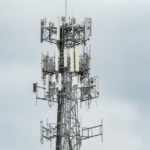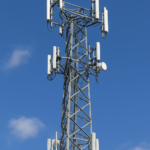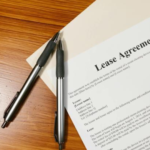Consent is an important provision in a cell tower land lease. Anytime work is being done on the tower, it’s possible that the cell tower operator may need to get written permission from the property owner. As you can imagine, that can be a nuisance which is why consent can be a massive benefit for a property owner. It gives the property owner insight as to what’s always happening at the tower.
So where is consent language in a cell tower lease? It’s typically in the provision that is labeled Assignment or Subletting. From an assignment perspective the cell tower operator wants to have flexibility to “transfer” or “assign” the interest in a cell tower lease to another subsidiary within their main company umbrella or transfer ownership of the tower to a 3rd party company. There has been a host of consolidation in the tower space over the last 2 decades. Many of the carriers have sold their towers or management rights to their towers to the big tower companies. For example, AT&T and T-Mobile sold rights to their towers to Crown Castle while Verizon sold rights to American Tower. A host of tower developers have built up multiple portfolios and sold them to the highest bidder. Usually, these tower portfolios are gobbled up by Crown Castle, American Tower and SBA. However, there are a few smaller private companies that are becoming players and are competing with the big public tower companies. Some of these smaller independent tower companies are backed by lots of private equity and see a massive opportunity to get into the game. Once they go up for a bid, one can expect a massive market multiple upon exit.
From a subletting standpoint, the cell tower operator doesn’t want to ask for permission when they do any sort of work at the tower. I’ve seen leases in which it’s a requirement to get property owner permission every time work is done. This is a massive pain point with the cell tower operators where they will do anything to negotiate consent out of the lease. Cell tower operators have dedicated teams that specifically work on getting landlords to sign off on consent. Yes, there are still that many that have consent in their lease! To be fair, it’s mainly government entities and municipalities. Every new lease out there today accounts for consent automatically being given so that it won’t slow down work at the tower. If consent is needed, a landlord could request an increase ever time they are approached for consent which is why the cell tower operators hate it! They’d probably look to relocate off that tower, but it may not be so easy.
If the cell tower operator that has your lease needs consent, it’s important to know what it’s for. If your consent is holding up a collocation for a new customer, you should negotiate a revenue share for them joining the tower. If it’s a consent for modifications or alterations to an existing carrier, you may be inclined to sign and send back but that depends…
When you receive a consent letter from a cell tower operator, take some time to read through what’s happening at the tower. The cell tower operator will include a blurb of what’s happening at the tower. Depending on the situation, you may have an opportunity to ask for a rental increase or some sort of signing bonus. It all depends on what you’re receiving vs. who’s on the tower and the perceived amount that the cell tower operator is collecting. You’ll never know what the cell tower operator is receiving for their tenants unless you receive a revenue share. This can be frustrating as the cell tower operator is usually operating from a position of strength. That’s why when the property owner has the chance to operate from a position of strength, they should take it! By reaching out to an expert, they will have a good understanding of what a tower may make based on the tenancy.












